Continuing the 10th Session , on the morning of November 6, the National Assembly discussed in groups the draft Law amending and supplementing a number of articles of the Law on Geology and Minerals.
All comments expressed agreement with the necessity of amending and supplementing a number of articles of the Law to institutionalize the Party's strategic policies on streamlining the state apparatus, promoting decentralization and delegation of power, and removing legal "bottlenecks" that are hindering socio-economic development.
The core objective is to address urgent issues arising from practice, especially the shortage of construction materials for key national projects, while establishing a strict legal framework to manage strategic resources such as rare earths, thereby unlocking resources and creating momentum towards the target of double-digit GDP growth in the new period.
Reviewing the Planning Law to ensure consistency
From the local reality, delegate Nguyen Tuan Anh ( Can Tho City Delegation) said that recently, the Government and the Prime Minister have made great efforts to resolve the shortage of materials for key projects (i.e., minerals of group III and group IV). Therefore, the amendment and supplementation of a number of articles of the Law on Geology and Minerals this time is necessary to thoroughly resolve the shortage of materials for key national projects.
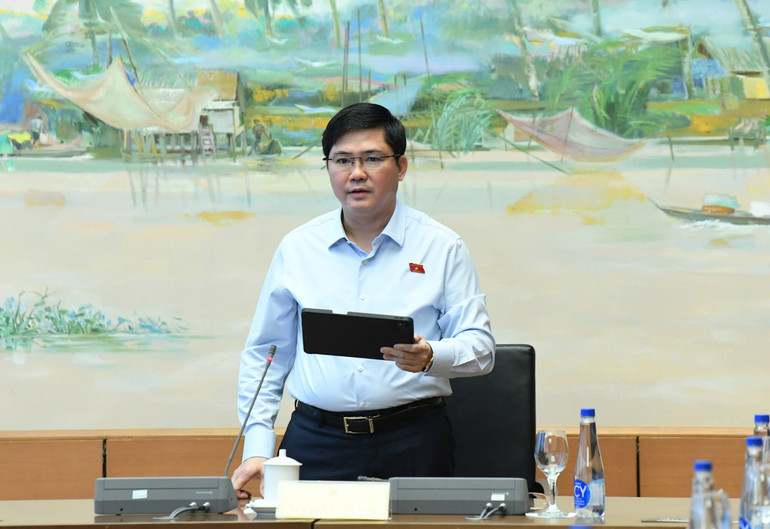
Delegate Nguyen Tuan Anh (Can Tho City Delegation). (Photo: DUY LINH)
According to the delegate, the draft Law has currently provided specific mechanisms for minerals of group III and group IV; however, it is recommended to analyze more clearly how the application of these specific mechanisms nationwide will affect the planning of provinces and cities in the long term. In addition, it is also necessary to study additional mechanisms to control if this application affects the environment in the area.
The Draft Law stipulates that, for Group III minerals (common construction materials), the granting of mining licenses to supply important projects (public investment, PPP, national key projects...) does not have to be based on the management plan for geology and minerals (this plan is currently in the provincial planning).
Delegate Nguyen Tuan Anh said that it is necessary to clarify how changes after the mineral exploitation license has been granted will be updated in the provincial planning? Has the law on planning been supplemented with regulations on this content? It is necessary to review the Law on Planning to ensure consistency.
From the shortcomings in practice, the delegate suggested considering continuing to cut down the administrative procedure for handling Group III minerals, which are common construction materials. "It is possible to consider eliminating the process of licensing exploration and recognizing reserves of Group III minerals, which are scarce materials that need to be supplied for important national projects." According to the delegate, if this can be done, it will be "very fast", saving from 6 months to 1 year to bring these construction materials into service of the project.
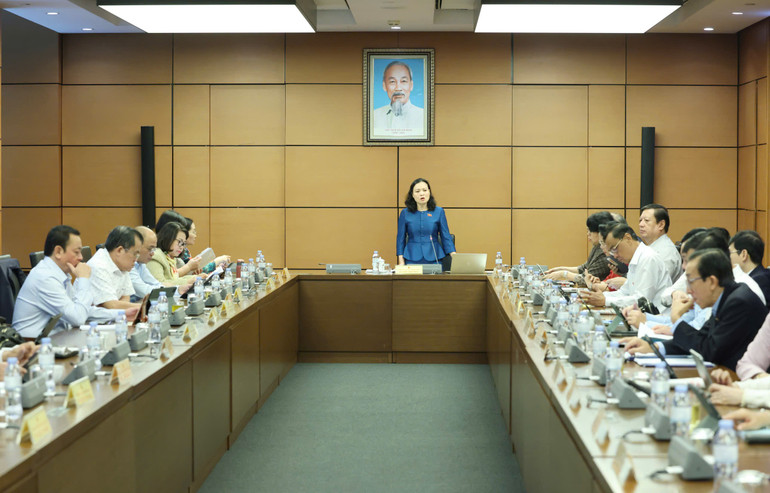
Scene of a group discussion session on the morning of November 6. (Photo: DUY LINH)
In addition, delegate Nguyen Tuan Anh said that the Law amending a number of articles of the 2005 Law on Minerals, when promulgated, had regulations on the exploitation of minerals for common construction materials except river sand and gravel with an exploitation capacity of no more than 5,000 cubic meters/year and the exploitation period including the extension period of no more than 5 years, does not require exploration.
“After 20 years, this regulation is still in use. In my opinion, this is definitely the final and important bottleneck in the licensing process to solve the current shortage of construction materials. This content is very important, I suggest that the drafting agency study and accept it,” the delegate emphasized.
In addition to amending and supplementing the provisions of the Law on Geology and Minerals, the Can Tho delegation also requested the Ministry of Agriculture and Environment and relevant ministries to continue advising the Government and the Prime Minister to synchronously deploy various solutions to thoroughly resolve the shortage of materials for key projects in recent times.
Strong decentralization but not "free-floating" in mineral exploitation licensing
Regarding the amendment and supplementation of regulations on decentralization and delegation of power , delegate Nguyen Tuan Anh expressed his agreement and said that this is one of the most "systematic and profound" changes of the draft Law.
The delegation of authority to the Chairman of the Provincial People's Committee to grant licenses for exploration and exploitation of Group I minerals in scattered and small areas and to grant licenses for exploration and exploitation of Group II, III, IV minerals (instead of the previous Minister of Agriculture and Environment) has shown strong and specific decentralization, consistent with the operation of the functions, tasks and authority of the two-level local government .
However, the delegate suggested that, especially for Group I minerals, it is necessary to report more clearly on the necessary conditions (records, databases, information...) to ensure that the Chairman of the Provincial People's Committee fully exercises this decentralized authority because many contents and information were previously managed by the Ministry.
In addition, it is necessary to clarify, in the case of licensing previously managed by the Ministry and now transferred to local management, if any problems arise, how will they be handled, whether there are transitional regulations or not, and from there, supplement appropriate regulations.
Supporting the policy of transferring the authority to grant licenses for exploration and exploitation of Group II minerals to the Chairman of the Provincial People's Committee, delegate Dao Chi Nghia (Can Tho City Delegation) expressed concern that Group II minerals are still a valuable group of minerals and the exploration and exploitation process is very complicated.
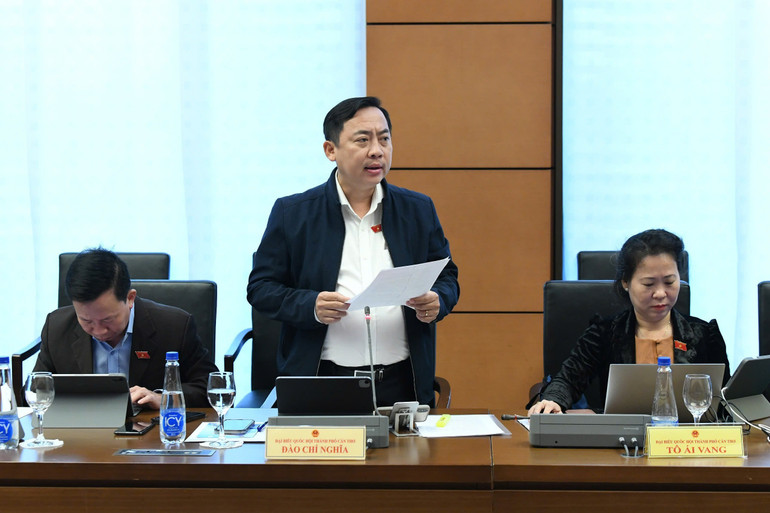
Delegate Dao Chi Nghia (Can Tho City Delegation). (Photo: DUY LINH)
Concerned that radical decentralization could lead to risks in local operations, delegates suggested that adjustments should be made and that there should be supervision by the Ministry of Agriculture and Environment in controlling technical quality. Specifically, the regulation should be adjusted in the direction that the issuance of a license for exploration and exploitation of Group II minerals must be approved in writing by the Ministry of Agriculture and Environment for the exploration project, reserve report as well as the design of the mine facility, unless otherwise stipulated. "This regulation will be strict, creating supervision from central ministries and branches to localities," said the delegate.
Also interested in this content, delegate Lo Thi Luyen (Dien Bien delegation) agreed with the policy of decentralization and delegation of power; but suggested that we should still be "cautious" and not "let loose" the local authority to grant licenses for exploration and exploitation of type I minerals for precious metals. According to the delegate's explanation, this is related to the issue of national master planning and environmental protection.
“If in the future we want to give local authorities the authority to license some of these Group I minerals, we will conduct a pilot program in a few places, but now we should not let it be. Because the metal mining we see here and there, when finished, has left huge consequences for the environment. In reality, there are units and businesses that, after mining, do not restore the land or the environment,” said delegate Lo Thi Luyen.
Source: https://nhandan.vn/giai-quyet-triet-de-tinh-trang-khan-hiem-vat-lieu-xay-dung-cho-cac-du-an-trong-diem-post921048.html


![[Photo] Closing of the 14th Conference of the 13th Party Central Committee](https://vphoto.vietnam.vn/thumb/1200x675/vietnam/resource/IMAGE/2025/11/06/1762404919012_a1-bnd-5975-5183-jpg.webp)




![[Photo] Prime Minister Pham Minh Chinh receives the delegation of the Semiconductor Manufacturing International (SEMI)](https://vphoto.vietnam.vn/thumb/1200x675/vietnam/resource/IMAGE/2025/11/06/1762434628831_dsc-0219-jpg.webp)




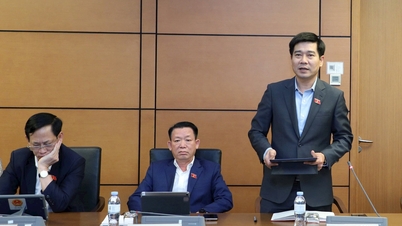



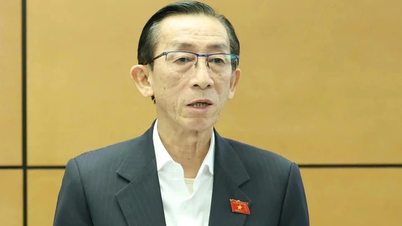
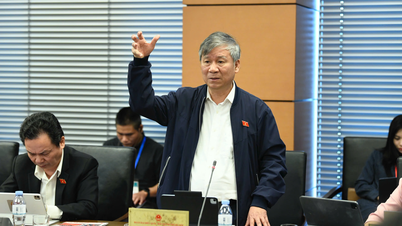
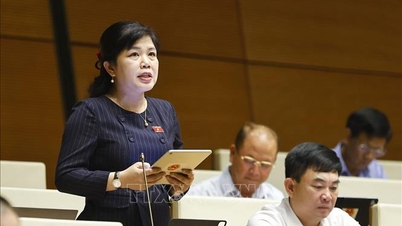

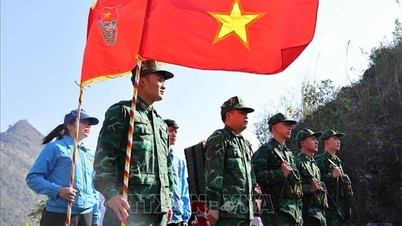

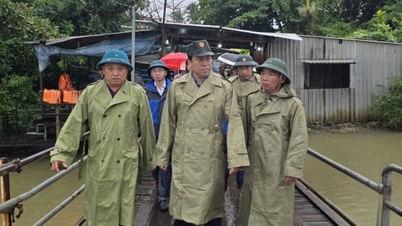

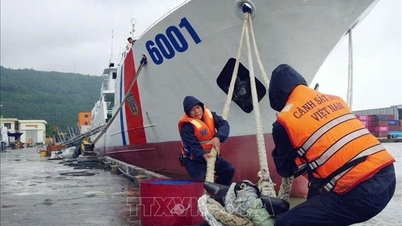
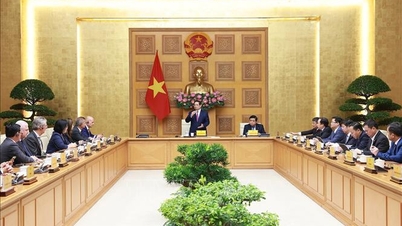




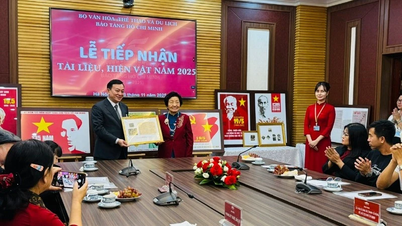
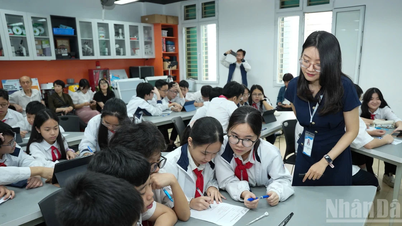
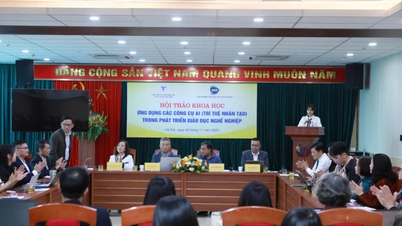
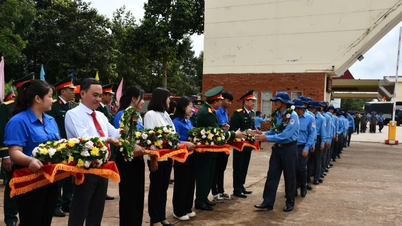
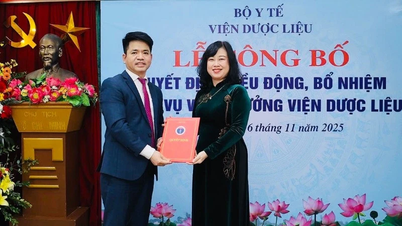





































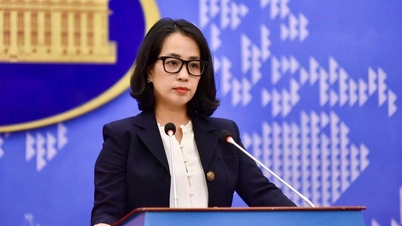
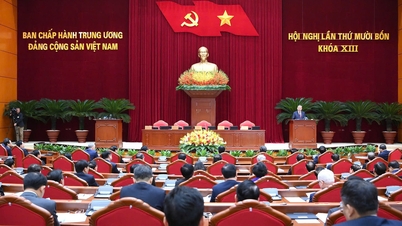


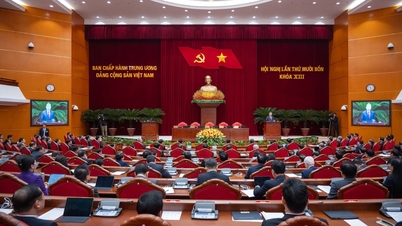









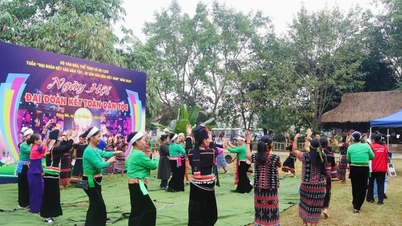
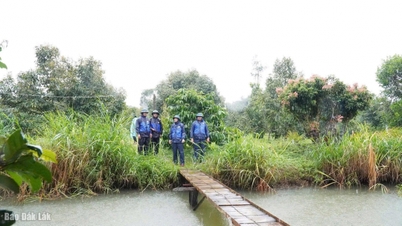

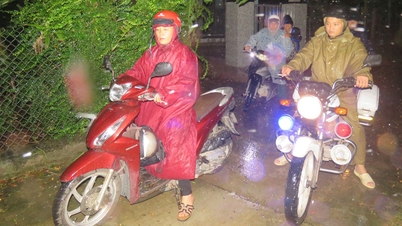


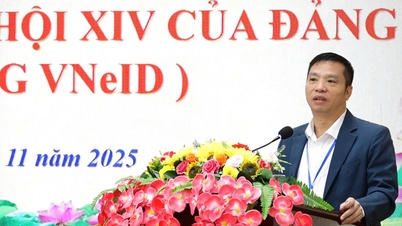
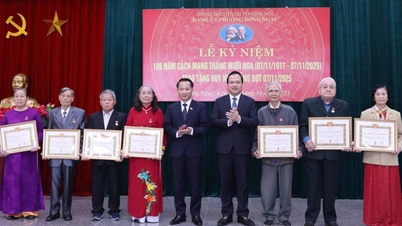













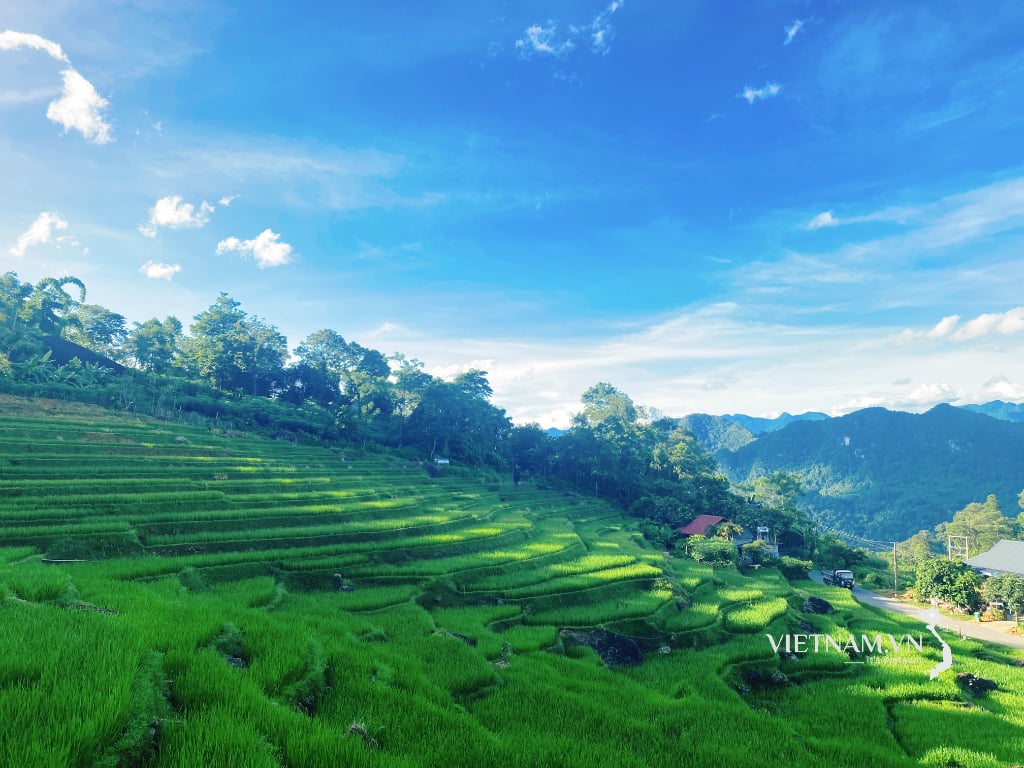

Comment (0)